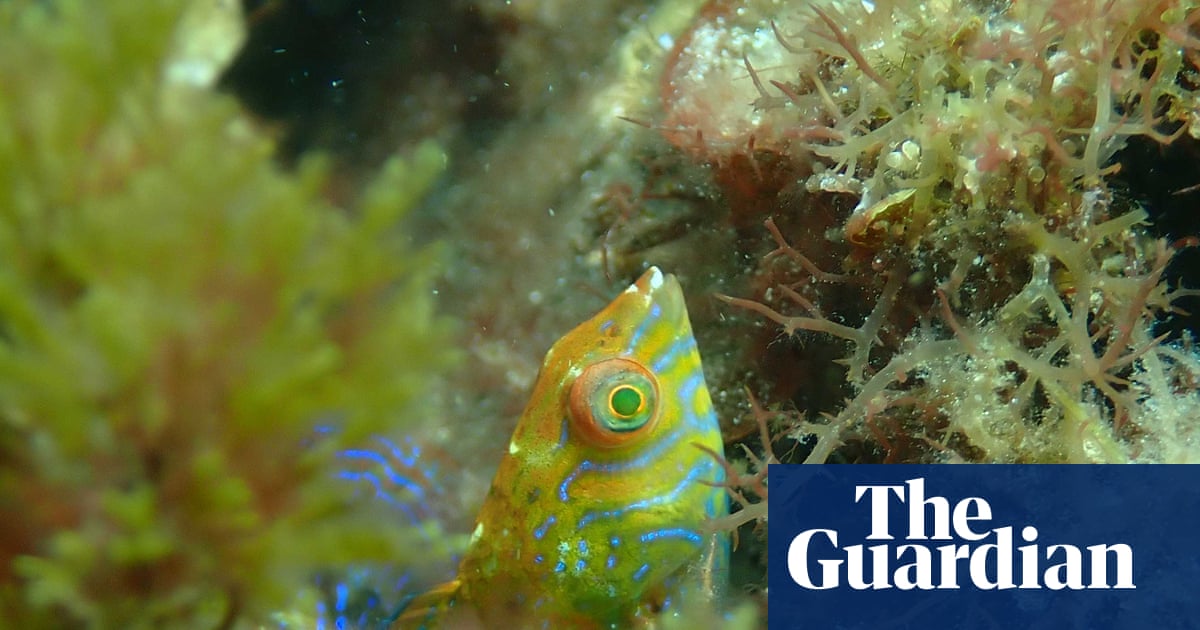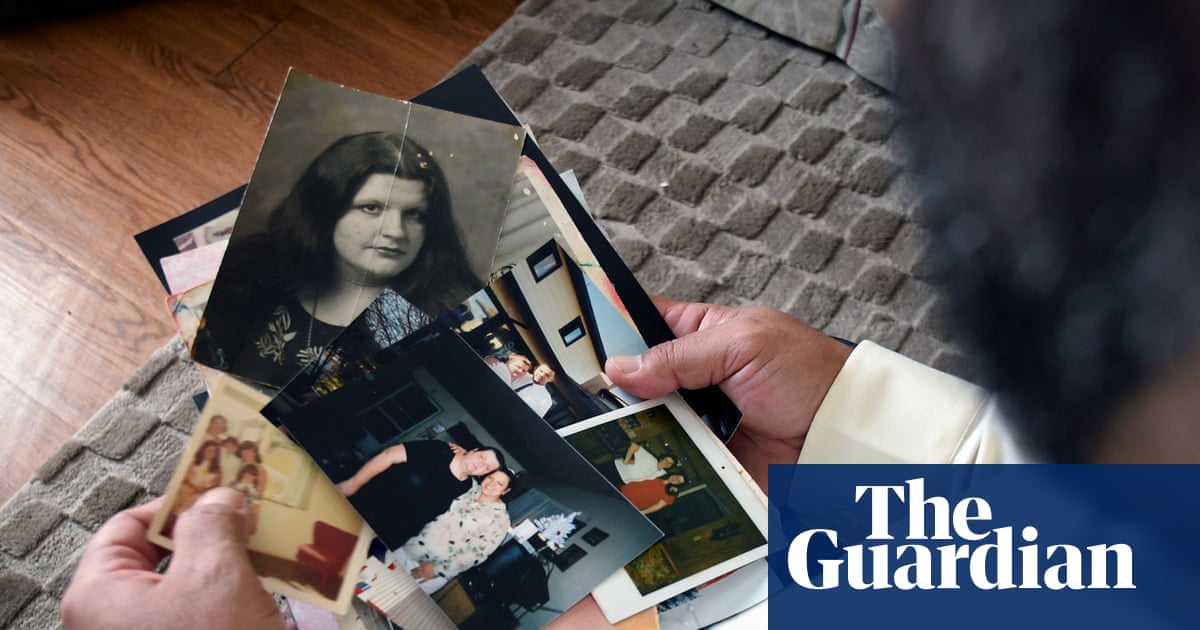Audiences left hungry for more suspense after the nail-biting Celebrity Traitors finale should visit the ultimate murder mystery, The Mousetrap, its new director has suggested.
Ola Ince has taken charge of Agatha Christie’s indomitable whodunnit, the world’s longest-running play, which is in its 73rd year in London’s West End. The director, acclaimed for her bracing takes on Shakespeare, said Christie’s drama about a group of strangers snowed in at a remote guesthouse with a killer at large is “juicier” than she had previously imagined.
“In life we all fancy ourselves as detectives,” said Ince. “She creates such nuanced and quirky characters that you want to get to know them and figure out whodunnit. It’s full of intrigue and mischief, funny as well as thrilling. Shows like The Traitors and Only Murders in the Building are really popular right now. This is the original for people who want to lock in and see the real deal.”
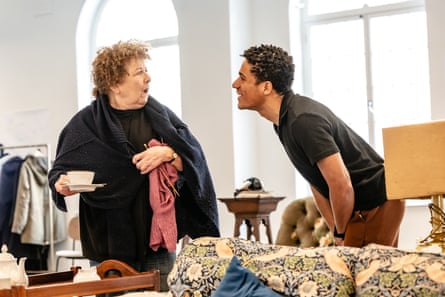
Ince, 36, said that when she directs a classic play such as Othello, Romeo and Juliet or Arthur Miller’s The Crucible, all of which she staged for Shakespeare’s Globe, “what I’m contending with is tradition and what you inherit from a show. This feels similar – this show is older than me and audiences really feel like they know exactly what it is. I’m coming along and not taking it for granted. Before I worked on the show, I thought I knew exactly what kind of evening it was.”
She discovered, instead, that Christie was a deft and perhaps overlooked commentator on postwar class structure. “With John Osborne, everyone spoke about how radical it was having working-class people on stage doing mundane things like ironing [in Look Back in Anger, which premiered in London a few years after The Mousetrap]. But at the top of Act 1 Scene 2 she’s got [proprietor of the guesthouse] Mollie Ralston hoovering. That was pretty radical too! It’s easy to forget that she’s commenting on changes that are happening hierarchically. The upper classes are falling away and there’s this want for equity … the play says a lot about injustice and the change that needed to happen.”
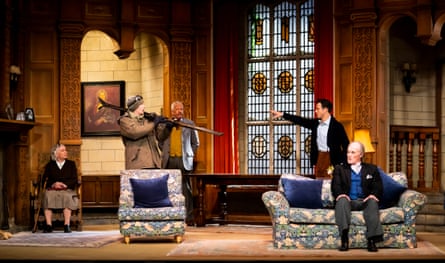
When The Mousetrap opened in 1952, the West End cast included Richard Attenborough as the detective alongside the actor’s wife, Sheila Sim, as Mollie. The first director was Peter Cotes. Later directors included David Turner who worked on the show in different capacities for 30 years. Ince has taken over from Philip Franks. The Mousetrap also has an overseeing artistic director, Denise Silvey, who played the role of Miss Casewell in 1994 and 2001.
A new cast begins performances under Ince’s direction on Monday night. Among the changes that Ince has introduced to “heighten what already exists” is a sound design by Max Perryment “to enhance the psychology of the play and the thrill of it”. The production accordingly has new speakers, the furniture has been rearranged and Ince has returned to Christie’s original manuscript and author’s notes. Balancing the comic with the serious is one of the main challenges, said its new director.
The Mousetrap has been overwhelmingly directed by men although Phyllida Lloyd staged a 60th anniversary gala. “She’s my theatre mum,” said Ince with a laugh. Ince was the international associate director on the Tina Turner musical directed by Lloyd in the West End. “We’ve had some nice chats about The Mousetrap.”
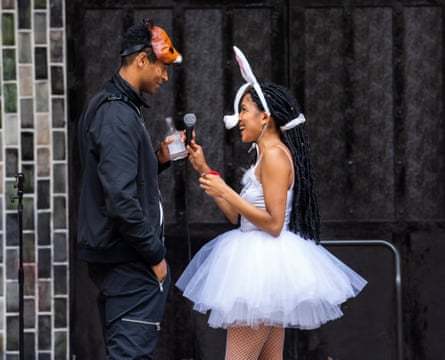
The show has clocked up more than 30,000 performances since its premiere, its run temporarily halted only by Covid-19. Like many of Christie’s novels, which have had offensive language around gender and race removed by sensitivity readers, the script has been revised over the years. “I’ve come into a version of the play that omits some of the more hostile language, some old-fashioned sexism. But at the same time I’m cautious of erasing too much because it’s true of the time,” said Ince. “I don’t want to offend an audience but if you make everyone a bit squeaky clean then you’re avoiding that maybe someone’s an arsehole and that’s interesting – or that can be a red herring. You’ve got to be careful that you’re not making it all a bit bland.”
Since 2017, a production of Christie’s Witness for the Prosecution has run in a courtroom setting inside County Hall in London. But people still classify Christie primarily as a novelist, said Ince. “I’d love people to celebrate her more as a playwright.” At times, over The Mousetrap’s extraordinary run, it has been the only play by a female playwright in the West End. She’s still in a minority now although Kate Trefry has had a hit with Stranger Things: The First Shadow and Suzie Miller’s Inter Alia is coming soon. “I think there are peaks and troughs when it feels like the world is a bit spicier because there’s more diversity,” said Ince. “Then it kind of dissipates because they’ve done that for a season. It’s amazing that Agatha has been strong for so long but sad that we’re still not really achieving [greater equality] now – or doing it in dribs and drabs.”
The Mousetrap’s producer, Brian Fenty, said he was “thrilled” about Ince directing the show, which has run at St Martin’s theatre since 1974 (it was previously at the Ambassadors next door). “Ola is a force of nature – a director who understands what it means to be both a steward of history and a challenger of complacency. Her creative instinct is first-class, and her care and love for Agatha Christie’s world is as heartening as it is inspiring.”

 2 months ago
87
2 months ago
87

